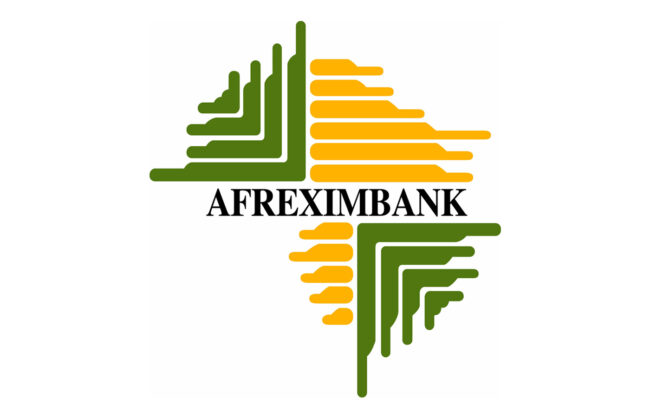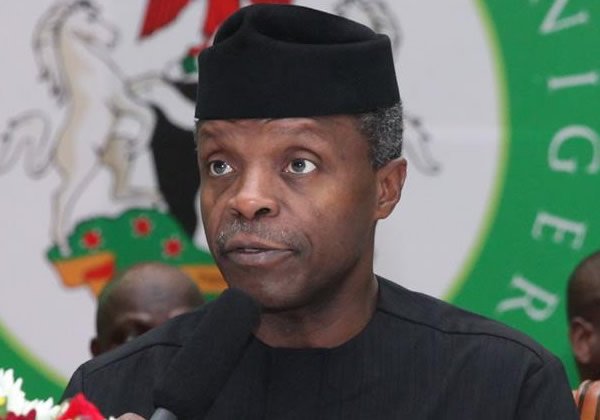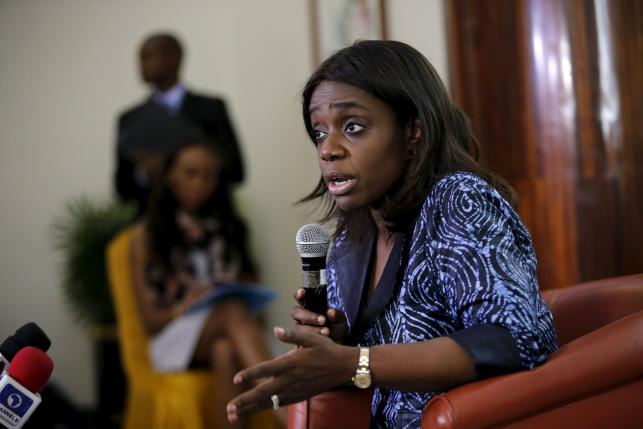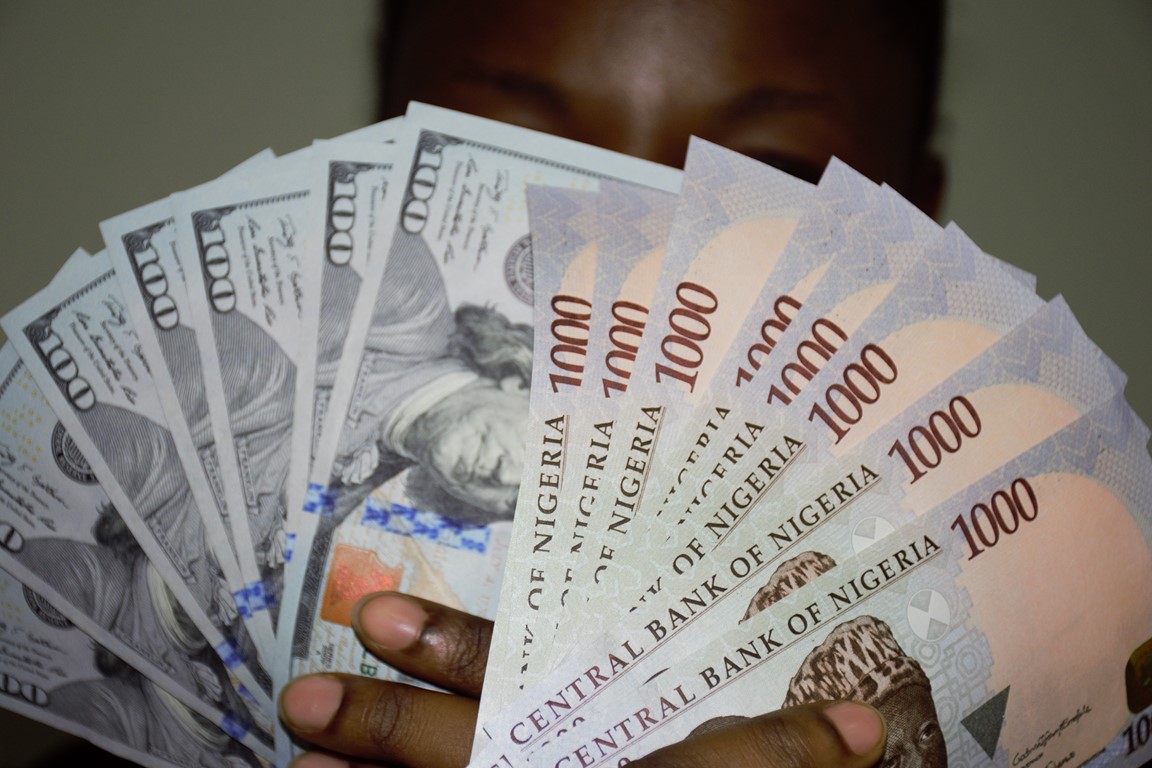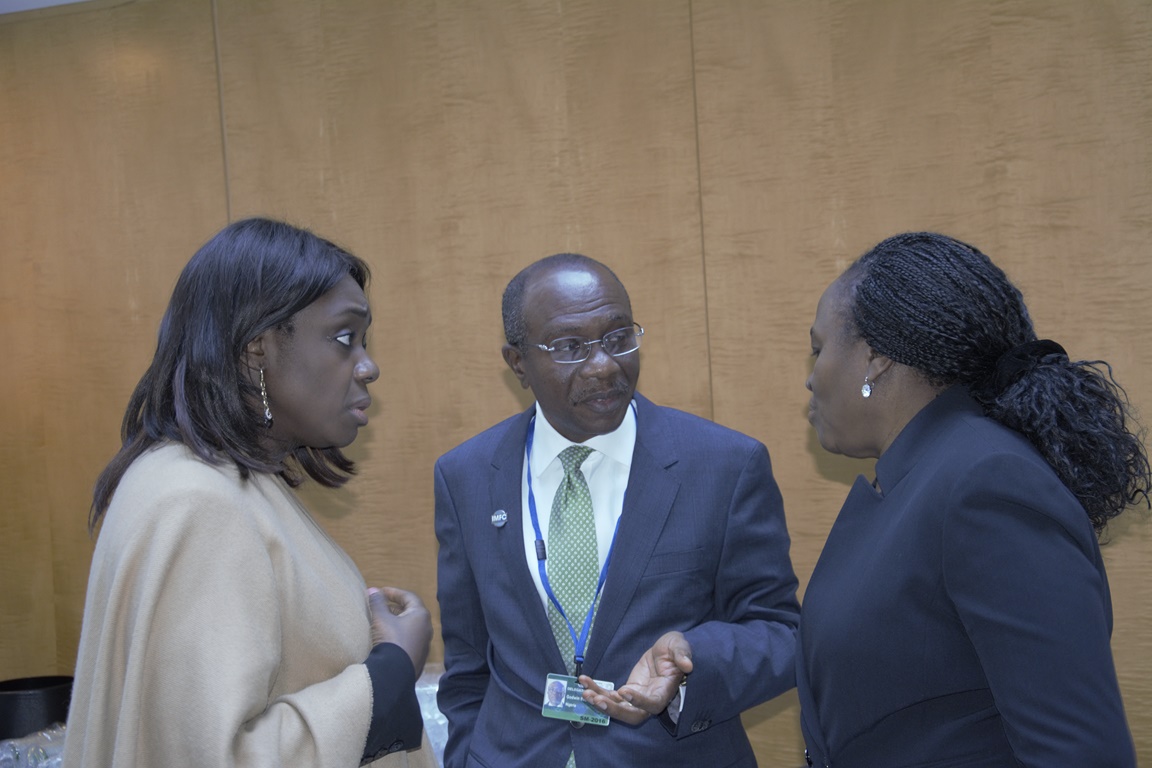While the Dollar has turned slightly lower as trading for the new week has commenced, the major currency rebounded and moved significantly higher at the conclusion of last week with this pressuring other major currencies like the Euro and British Pound. Part of the reason for the rebound in the Dollar was attributed towards encouraging inflation figures for the month of August, but you can’t help but wonder whether investors were also readjusting their positions in advance of the Federal Reserve interest rate decision scheduled to take place on Wednesday evening.
Although the current market expectations for a US interest rate rise in September are only around 15% and there would be a great deal of controversy if it were to take place, we can’t completely rule a Federal Reserve interest rate rise out of the equation. There have been upbeat comments from several Federal Reserve officials in recent weeks arguing the case was strengthening for higher interest rates. This suggests that some members of the Federal Open Market Committee (FOMC) might become dissenters and vote for a US interest rate increase, while there is another argument that another interest rate hike is justified if the Federal Reserve is abiding by its mandate of achieving stable prices and maximum employment.
Let’s take a look at a couple of different possible scenarios that we could see if the Federal Reserve hypothetically raised US interest rates this coming week:
– With the current market expectations for a US interest rate rise to take place in September at around 15% and at times below, there is absolutely no way that a US interest rate rise has been priced into the financial markets. The Federal Reserve is under pressure to lead as the major global central bank in terms of transparency and preparing the markets for such possible moves, meaning we would expect criticism to be firmly aimed at the Federal Reserve if the central bank raises US interest rates in September.
Advertisement
– Stock markets would be vulnerable to sharp declines if the Federal Reserve pulled the trigger on higher US interest rates. The Federal Reserve raising US interest rates would lead to a resumption of fears that the prolonged period of easy accessibility to money in the financial markets is coming to an end, meaning investors are going to be encouraged to take their money out of major stocks. There is already some tension in the air that central banks are unable to loosen monetary policy any further to enhance economic growth, which is not favourable towards the stock markets when you consider eased monetary policy and accessibility to money in the system has been the major driver behind equity markets reaching milestone highs. Basically, the Federal Reserve pulling the trigger on raising US interest rates this Wednesday could be the catalyst to a major-sell off throughout the global stock markets.
– The resumption of pain for the emerging markets would probably resume. In similar fashion to the stock markets, the emerging markets would be among the heaviest sufferers from an unexpected increase in US interest rates this month. The emerging markets who were only until recently gaining from increased appetite from investors in a search for yield would find themselves suddenly pressured to capital outflows. This would in turn mean that sharp losses could be consequently felt across the emerging market currencies. This would ultimately spell bad news for the emerging markets because not only would they be a likely victim to a sudden rush of capital outflows, but any losses also noticed in the global stock markets would encourage a risk-off attitude that basically spells to investors that they should stay away from the EM’s.
– The Dollar should encounter an initial charge of buying momentum. With the current market expectations of a US interest rate increase at around 15% and with the Dollar Index itself marginally below 96, a Federal Reserve interest rate hike would lead to a round of buying momentum for the USD. Any further rounds of USD strength would provide a catalyst for selling in Gold, which has teased falling below its psychological floor at $1300 twice this month. If Gold was to fall below its psychological floor at $1300, I would expect investors to be enticed towards entering selling positions that would likely lead to a sudden rush of selling momentum across metals.
Advertisement
– It is worth pointing out that Dollar strength would also pressure major currencies like the Euro and British Pound. While a weaker Euro would be no problem for the European Central Bank, a US interest rate rise would increase heavy risks to the downside for the British Pound. The major reason for this is because there is increased potential for monetary divergence between the US Federal Reserve and Bank of England (BoE) to push the Pound lower down the charts. Although some central banks might have reached the limit of how far they can go in terms of monetary policy, the BoE still has the scope to reduce interest rates even further and this should be seen as a risk for any investors in the British Pound.
With a hypothetical US interest rate rise this Wednesday sure to create controversy and catch the markets off guard, would there be any central banks who would look favourably at the move?
I believe that the Bank of Japan (BoJ) would applaud any action taken by the Federal Reserve, because this would enhance buying attraction towards the Dollar and weaken this ongoing appeal towards the Japanese Yen. The correction in the Japanese Yen throughout 2016 has provided a massive headache to both the Japanese economy and the BoJ, and it can’t be stressed enough that the Japanese central bank must be under intense pressure to come up with a solution to weaken their currency. The only problem with this is that it would require a change in market sentiment for the BoJ to be able to focus on weakening their currency without opposition from investors, meaning a US interest rate hike and change in market sentiment would be something that the BoJ would applaud at this point.
With a US interest rate hike in September sure to cause panic and controversy, should the Fed act?
Advertisement
No, the Federal Reserve should not be raising US interest rates this month. The markets are completely unprepared at this point for another US interest rate increase and the financial world would be in shock if the Federal Reserve raised US interest rates this Wednesday evening. Ongoing concerns over the global outlook and weaker trade is leading to economic downgrades becoming regular occurrences, however the Federal Reserve appear determined to maintain their bias and stance towards raising US interest rates higher in 2016. I can’t help but wonder that one of the underlying reasons for the ongoing comments indicating a bias for higher US interest rates is due to the Federal Reserve commencing 2016 with a very naive intention towards raising US interest rates four times in 2016.
This was quite simply never going to happen and not only have interest rate expectations been pushed back repeatedly throughout this year, but the credibility of the Federal Reserve will suffer if they are unable to carry out their pledge to raise US interest rates at least once in 2016.
What is the most likely scenario to take place?
With the market expectations of a US interest rate rise at around 15%, the most likely scenario should be that US interest rates are left unchanged on Wednesday evening. Bearing in mind that several Federal Reserve officials have in recent weeks strengthened their calls for higher interest rates, it should not be a major surprise if we begin to encounter some dissenters voting for an interest rate rise as early as this month. This might present the scenario to build a stronger case for a US interest rate rise at the end of 2016, which would at the very least allow the financial markets to prepare for another increase in US interest rates in advance.
Advertisement
If the Federal Reserve are going to maintain committed towards raising US interest rates in 2016, the best case scenario for all involved would be for Federal Reserve Chair Janet Yellen to begin gently preparing for markets for a US interest rate rise in December much like she achieved in December 2015 with comments in November of that year.
This type of statement would at least allow the financial markets to absorb in advance the probability of higher US interest rates, which is ultimately why the accompanying statement following Wednesday’s decision is where the markets can begin to take the intention of the Federal Reserve towards raising US interest rates in 2016 more seriously.
Advertisement


